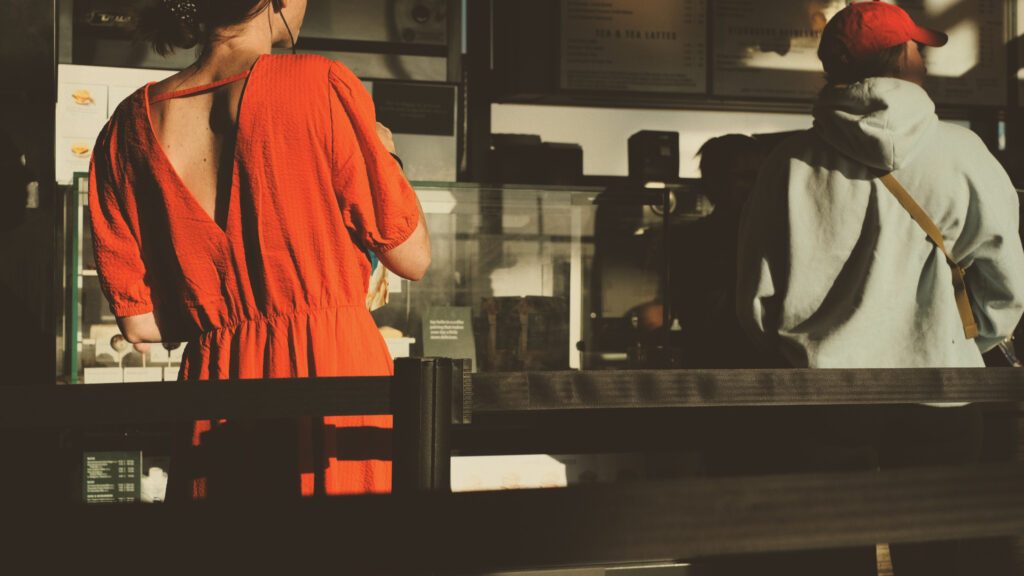Long ago, the great poet Rumi noticed our tendency to fill up spaces. He remarked, as translated by Coleman Barks, “A builder looks for the rotten hole where the roof caved in. A water carrier picks the empty pot. A carpenter stops at the house with no door. Workers rush towards some hint of emptiness, which they then start to fill.”
When we see empty space, we often rush to fill it in. We can see this in our cities when empty buildings and empty lots are made into buildings. We can see this in our homes when we fill up emptiness with pictures, books, plants, and furniture. We can see this in our minds when emptiness is replaced with thoughts, ramblings, debates, daydreams, and fantasies.

The most beautiful works of art are, at their core, endeavours in filling space.
There is nothing inherently wrong with filling in space. In fact, it is perfectly human. The most beautiful works of art are, at their core, endeavors in filling space. What is dance if not movements through empty space? What is music if not sound filling up silence? What is art if not images laid on an empty canvas? Filling emptiness is a natural expression of the creativity inherent in each of us.
If we seek contentment, however, through satisfying our desire to fill up the emptiness in our lives, we will never find it. Contentment may appear momentarily, but it will not be long-lasting. In fact, the more we try to satisfy our desire to fill up emptiness, the hungrier that desire grows and the less contentment we will feel. This lack of contentment is the burning itch of the artist.It’s the constant nag of the perfectionist.
The more we consume, the hungrier desire grows, and the less content we feel.
We can witness this pattern clearly in our modern consumerist culture. We might think, once I buy this pair of shoes, I will be happy. But, once we buy the shoes, we realize we need to buy a belt to match it and then a hat and then some new pants. The shoes, rather than leading to contentment, led to more purchases. It will not be long before something else must be purchased in the pursuit of contentment. This is how desire works. The more we consume, the hungrier desire grows, and the less content we feel.
The peace of contentment rests in limiting our desires, and limiting our desires rests in allowing empty space. When we sit with the empty space in our minds, in our homes, and in our environments, our desire begins to abate, and we can enjoy the emptiness for what it is. Filling emptiness will continue to permeate our lives through our work, our art, our speech, and even filling ourselves with food when our stomachs are empty. However, expecting contentment to arise when we fill these spaces will only lead to further discontent.True contentment comes through accepting space as it is.
